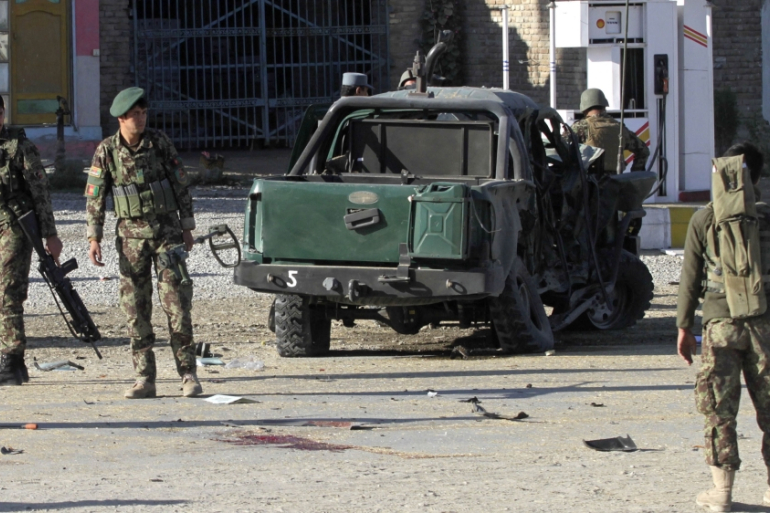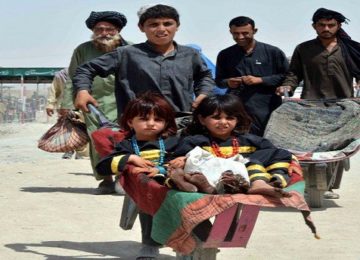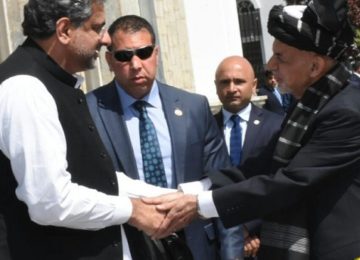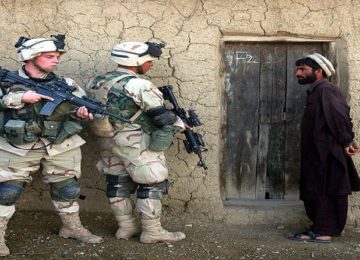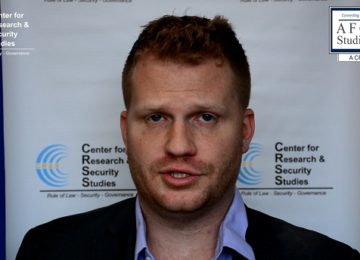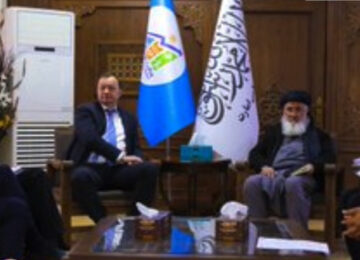ASC Report
June 10, 2021
In response to statements out of Kabul, which blamed the Baghlan attack Wednesday morning on Taliban, a Hallo Trust, said the Taliban in fact “came to our rescue and chased the assailants away.”
The brazen attack on a camp of miners resulted in the execution of ethnic Hazara miners by unknown terrorists, followed by a string of allegations, primarily holding the Taliban responsible for that.
Even Amrullah Saleh, the first vice president, took to twitter to say:
“Talibs use mines of all sorts to kill humans. The de-mining agency HALO TRUST isn’t their favorite as it clears land mines. Scores of HT staff were wounded & ten killed by Talib stooges as they tried to steal money & unexploded devices from HT base. Denial isn’t innocence.”
But what appeared to be a denial of Saleh’s statement, the Halo Trust CEO James Cowan said the following :
At 9.50pm local time last night a group of armed men entered a HALO camp in Baghlan province in Afghanistan and murdered HALO Trust colleagues. Ten of our staff were killed and a further 16 were wounded. There were 26 casualties in total.
This is the most serious incident that The HALO Trust has endured since it came into being in Afghanistan in 1988.
The armed men demanded Hazara members of our team. When our staff refused to name them, the gunmen went from room to room murdering our staff.
The local Taliban came to our rescue and chased the assailants away. It is not the usual narrative of the Afghan Government versus the Taliban. The Taliban came to our rescue.
We could take note of this incident and leave. We could be fearful of what is happening in Afghanistan.
But we were there before 9/11. A full decade before.
We’ve been through all the ups and downs of life and death in Afghanistan.
And concluded the statement saying that now as the international community prepares to leave, we are going to stay. We do not do exit strategies. We are there for the people of Afghanistan and we still have a job to do.
© Center for Research and Security Studies (CRSS) and Afghan Studies Center (ASC), Islamabad.



